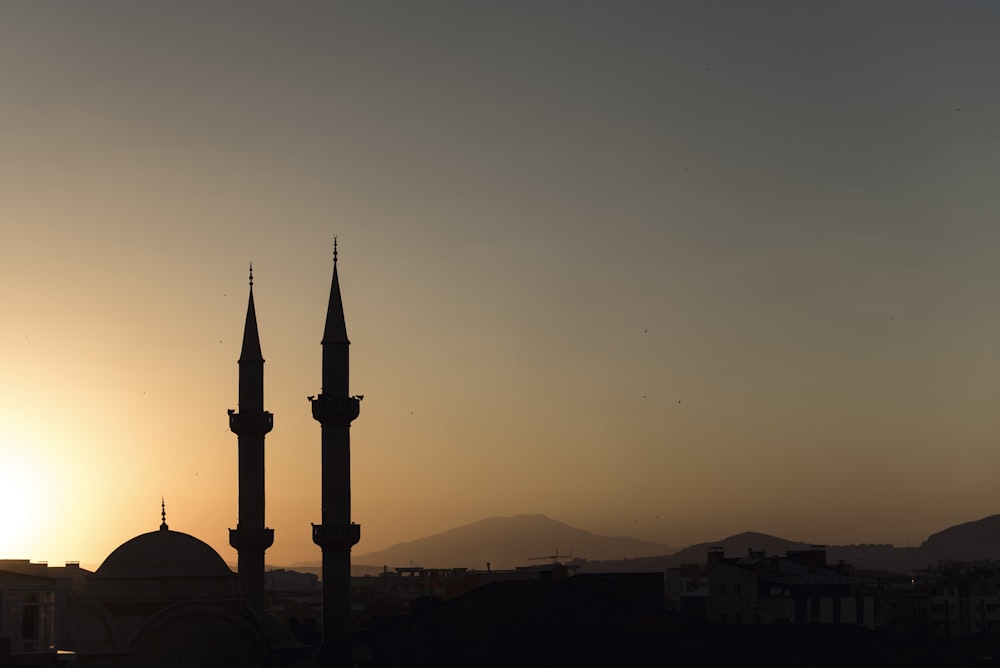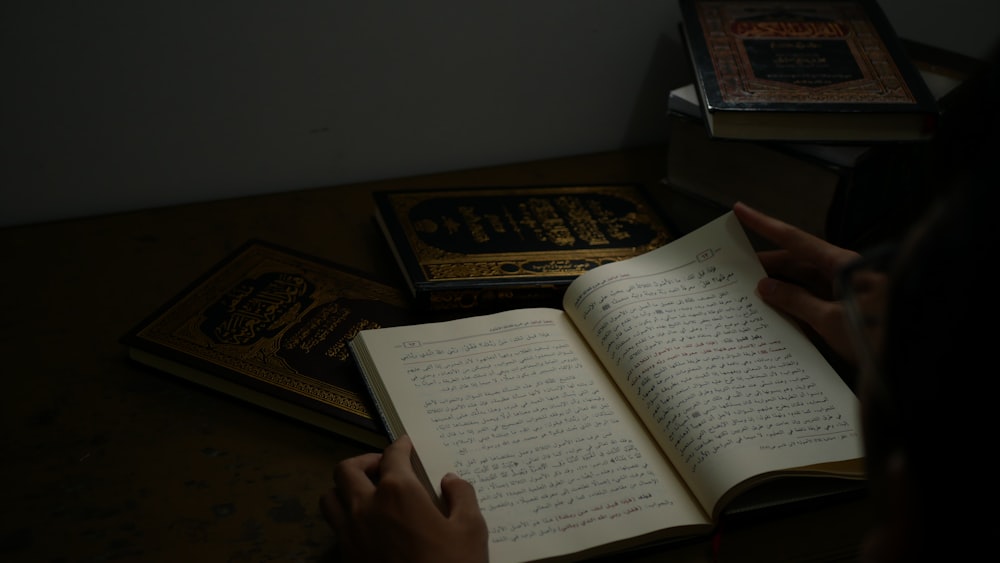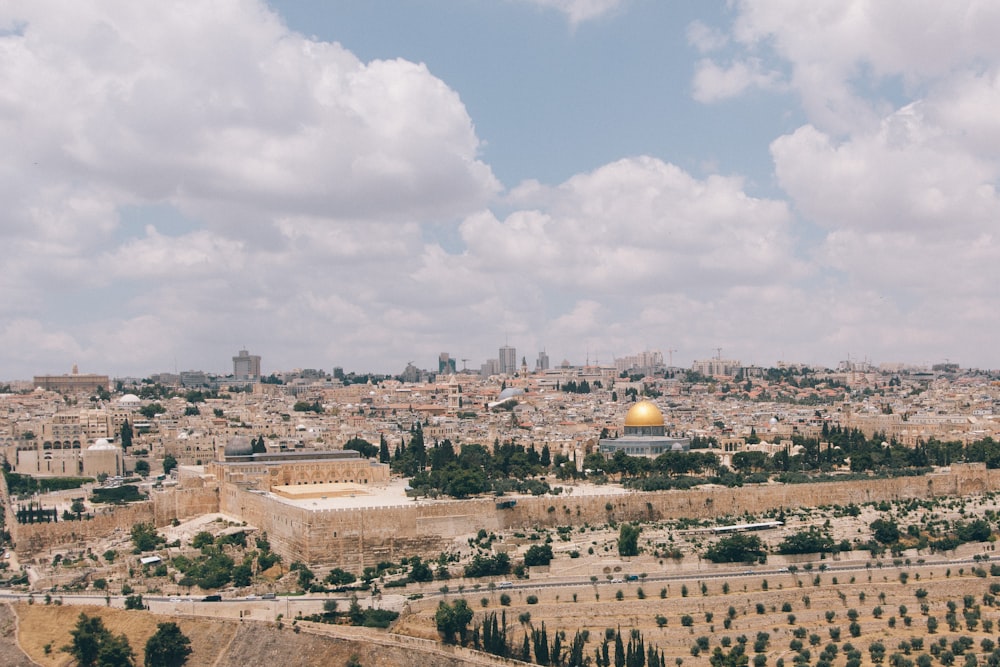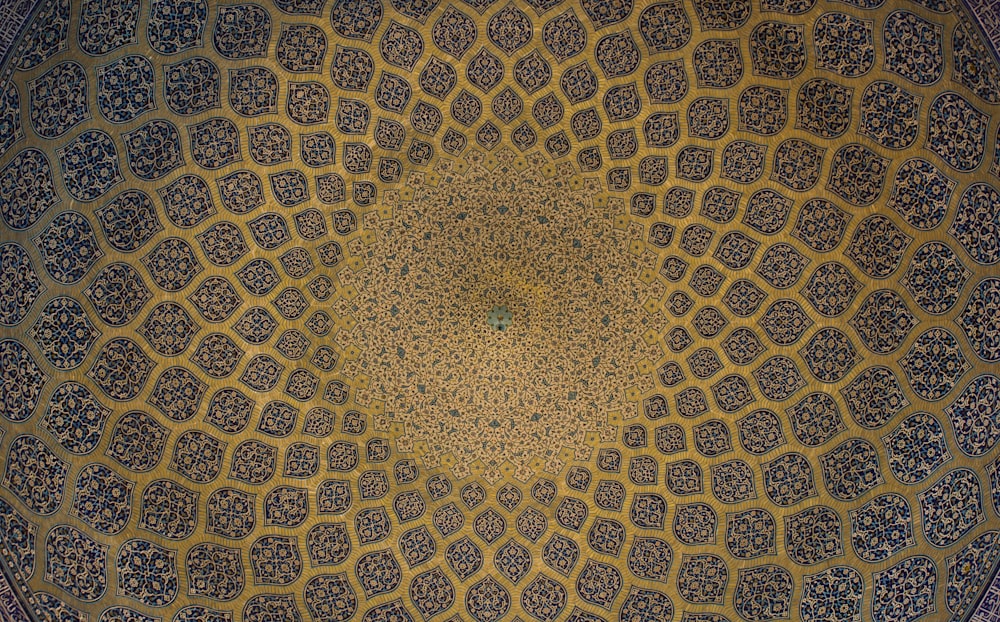World without Islam? Dealing with Troubling Questions
If you will, try to picture a world without Islam, which is obviously unthinkable given how frequently Islam is mentioned in the headlines of our daily newspapers.
Suicide attacks, vehicle bombings, military occupations, resistance movements, riots, fatwas, jihads, guerrilla warfare, menacing films, and 9/11 itself all appear to have its roots in Islam.
Answering the “whys”? Islam and world
Image via Unsplash.com
Why are these events occurring? “Islam” appears to provide a quick and simple analytical touchstone that helps us make sense of the turbulent environment we live in today. As a matter of fact, some neoconservatives believe that “Islamofascism” is our ordained enemy in an impending “World War III.”
Understanding the real causes of past crises is crucial, especially in light of the current heightened attention on war, terrorism, and widespread anti-Americanism—some of the most sensitive international topics of our day.
Does Islam itself tend to be the root of the issue, or are there other, more subtle, variables at play? Imagine, for the purpose of argument and historical imagination, a Middle East before Islam ever existed.
Would many of the difficulties we face now then be avoided? Would there be greater peace in the Middle East? To what extent could the nature of East-West interactions differ? The current state of the international system would undoubtedly be significantly different from what it is without Islam. Is that right?
Can Islam be replaced?
Image via Unsplash.com
Islam appears to have influenced the cultural standards and even political inclinations of its adherents since the early Middle East. Then, how can we keep Islam and the Middle East apart? It turns out that imagining it is not that difficult.
First, let’s discuss ethnicity. The region’s face would still be complicated and divided without Islam. Politics would continue to be dominated by the primary ethnic groups of the Middle East, including Jews, Turks, Kurds, Arabs, Persians, and even Berbers and Pashtuns. Consider the Persians. Long before Islam, Anatolian rulers faced constant competition from the powerful Persian dynasties that advanced to the gates of Athens. The Semitic peoples engaged in combat with the Persians not just in Iraq but also across the Fertile Crescent.
Then, prior to Islam, there were the strong forces of many Arab tribes and traders who expanded and migrated into other Semitic regions of the Middle East. In the thirteenth century, the Mongols would still have conquered and destroyed the civilizations of Central Asia and much of the Middle East. The majority of the Middle East, Anatolia, and the Balkans up to Vienna would still have been under Turkish rule. These conflicts over dominance, trade, territory, and influence predated the arrival of Islam.
Islam and the world
Image via Unsplash.com
Naturally, the claim that Islam’s presence has had no independent influence on the Middle East or East-West ties is ludicrous. Islam has served as a powerful factor for regional unification. As a worldwide, universal religion, it has spawned a vast civilization with deeply ingrained high culture, sharing many common ideas about philosophy, the arts, and society as well as a moral outlook, justice, law, and good governance.
Islam, as a moral and cultural force, has assisted in bridging ethnic divides among various Muslim populations and fostering a sense of unity within the larger Muslim civilizational endeavor.
All Muslims could look to Islamic civilization for a shared ideal in the name of struggle against Western expansion. Even if the plea was ineffective in stopping the Western imperial tide, it did leave a lasting cultural sense of a fate that was shared by all.
Western imperialism: Islam and world
Western imperialism would have had a far easier time partitioning, conquering, and ruling the Middle East and Asia if there had been no Islam. A widespread, shared cultural experience of humiliation and failure would not have survived. This is a major factor in why the US is currently having difficulty navigating the Muslim world. Global intercommunications and shared satellite imagery of today have made Muslims acutely aware of their own culture and of a wider Western imperial onslaught against a shared Islamic one. This siege is not about modernity; rather, it is about the relentless Western effort to establish a “pro-American” Middle East by seizing control of the crucial region, its resources, and even its culture.
Terrorism: A burning topic
Image via Unsplash.com
However, what about terrorism, which is currently the most pressing issue that the West most closely links to Islam? To put it simply, without Islam, would there have been a 9/11? Would things have been really different if the Middle East’s complaints, which stem from years of political and emotional resentment towards U.S. policies and deeds, had been united under a different banner?
Once more, it’s crucial to keep in mind how quickly religion can be brought up even when there are other, more persistent issues at hand. The events of September 11, 2001, did not start the history. Islam served as a magnifying glass in the sun for the al Qaeda hijackers, gathering all of these widely held frustrations and concentrating them into a single, powerful beam.
Imagining the what ifs: Islam and world

Image via Pexels.com
However, the question still stands: Would there be greater peace in the world if Islam didn’t exist? Islam surely adds yet another emotive component to the East-West tensions, adding another level of complexity to the problem-solving process. Such issues are not related to Islam.
It would appear intelligent to look for verses in the Koran that appear to clarify “why they hate us.” However, such obligingly ignores the essence of the phenomenon. It’s much easier to label Islam as the cause of “the problem” than to examine the effects of the world’s only superpower’s extensive global reach.
Of course, history would not have transpired in precisely the same way as it has. However, the fundamental causes of the East-West conflict are still the great historical and geographical concerns of human history.








